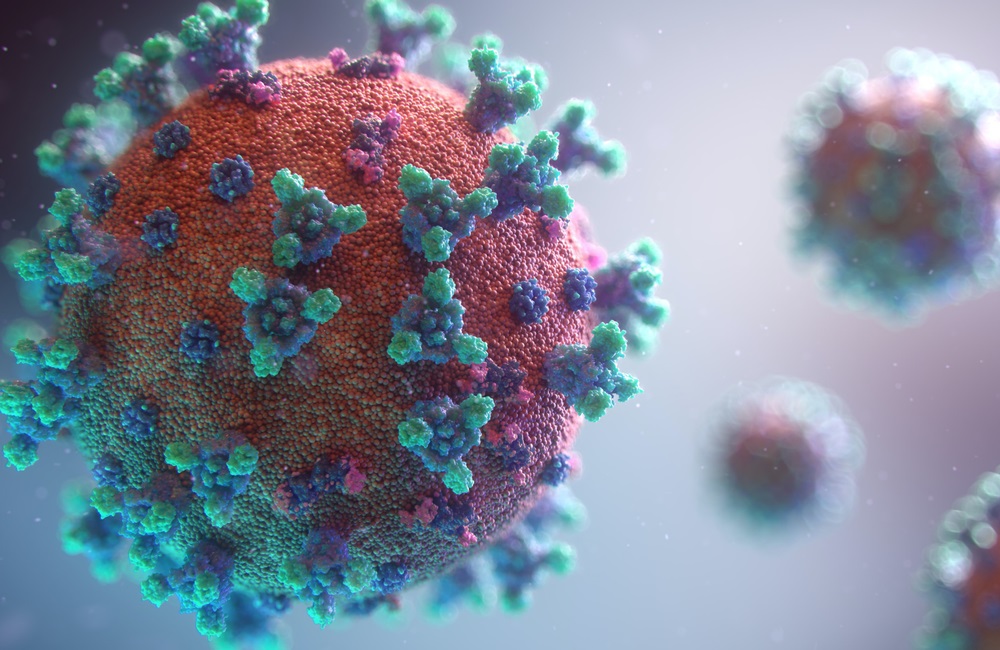Drug Repurposing: Taking Inspiration from Existing Medicines
One area of research that shows a lot of promise is drug repurposing. With the pandemic already in full swing, research has been accelerated and scientists have turned their attention to existing medications that could be adapted to treat COVID-19. This approach allows researchers to bypass many of the regulatory hurdles that are normally associated with developing a new drug from scratch.
This process involves screening large numbers of approved drugs for potential activity against the virus. For example, a recent study published in The Lancet found that Ivermectin, an anti-parasitic medication commonly used in veterinary medicine, could reduce mortality rates for patients with moderate-to-severe cases of COVID-19.
Another example is the use of Hydroxychloroquine and Chloroquine which were initially touted as promising therapies but later found ineffective in clinical trials. Human trials are currently underway to test other existing drugs like fluvoxamine and colchicine for their efficacy against COVID-19.
AI-Based Drug Discovery: Identifying New Compounds
Artificial intelligence (AI) is being hailed as the future of drug discovery. It can sift through massive amounts of data much faster than humans can and identify compounds that have potential therapeutic activity against COVID-19. Researchers are using AI algorithms to find new treatments for various diseases including coronavirus by analyzing vast amounts of data related to proteins, genes, and chemical compounds.
One example is BenevolentAI which uses AI technology to mine scientific literature and identify molecules with therapeutic potential which it then tests on cells grown in a lab before moving onto animal studies. Other examples include Atomwise which uses similar technology for rapid drug discovery while Insilico Medicine uses machine learning models to generate novel small molecules targeting specific proteins involved in viral replication.
Targeting the Viral Replication Cycle: Disrupting the Virus’s Life Cycle
Researchers are also working tirelessly to understand the life cycle of the virus and identify potential targets for therapy. The replication cycle of the virus involves several steps, including attachment, entry into host cells, replication, assembly, and release. By targeting any of these stages with drugs or other interventions, scientists hope to disrupt the virus’s replication cycle and reduce infection rates.
For instance, researchers at Pennsylvania State University are working on a compound called Ebselen that has shown promising activity against COVID-19 by targeting a specific protein required for viral entry into human cells. Scientists at Stanford University have also developed a molecule that can block protease activity which is essential for viral replication.
New Vaccine Approaches: Improving Protection
Although COVID-19 vaccines are already available in many parts of the world, researchers are still exploring new vaccine approaches to improve protection and increase accessibility. For example, some scientists are exploring nasal spray vaccines as an alternative to traditional immunization methods. This method could offer numerous benefits such as speedier immunization and easier administration while also avoiding certain logistical issues associated with traditional injections.
Another approach is using mRNA technology that was used in Pfizer-BioNTech’s vaccine. Researchers believe this technology could be used to develop vaccines for other types of viruses quickly and efficiently in response to future pandemics.
Conclusion
There is an abundance of research being conducted worldwide on various aspects related to COVID-19 treatment, such as https://www.johnsonmedicalassociates.com. From drug repurposing to AI-based drug discovery—scientists are leaving no stone unturned in their quest for effective therapies against this deadly disease. While a lot remains unknown about COVID-19 and its long-term effects on health, emerging research offers hope that we may soon have more effective treatment options available for those who need them most.




